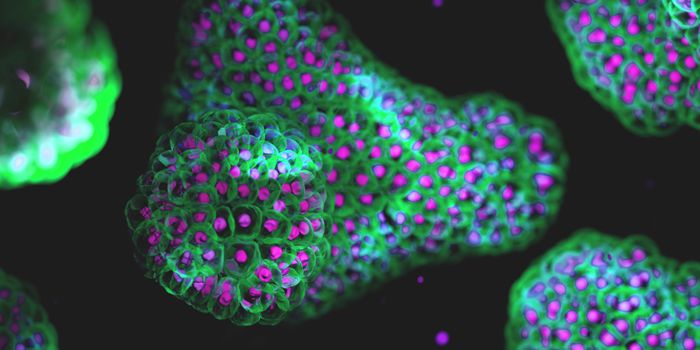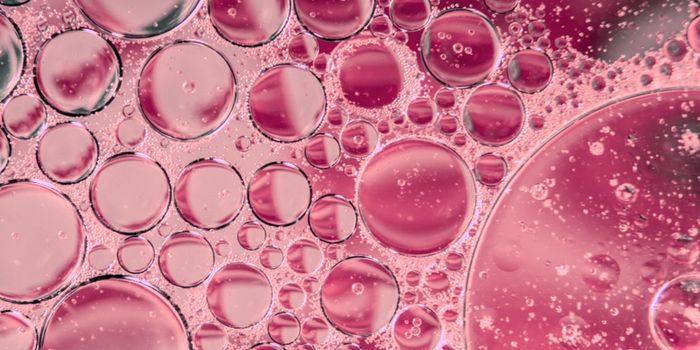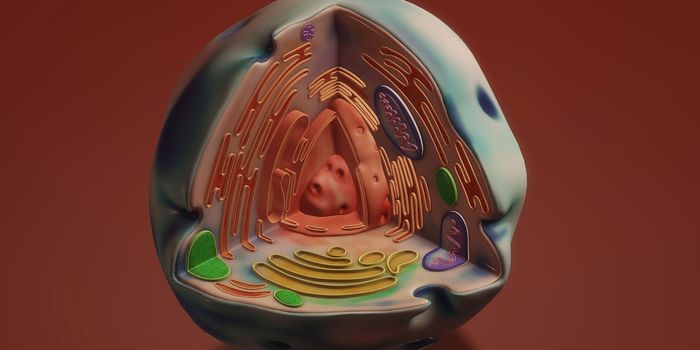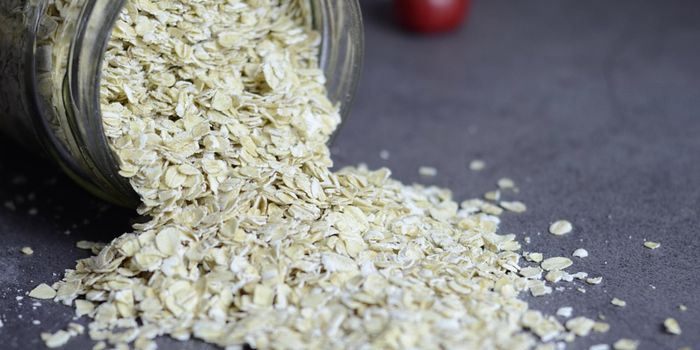Insight Into How Lifestyle Choices Impact Breast Cancer
Research has established that the development of cancer in connected to lifestyle choices like poor diet and low exercise levels. But researchers are still investigating the biology underlying that link. Molecules called advanced glycation end products (AGEs) might be a key to explaining how behaviors increase the risk of cancer or decrease the effectiveness of a cancer therapeutic called tamoxifen. New work by scientists at the Medical University of South Carolina (MUSC) has suggested that high AGE levels might stop tamoxifen therapy from working in patients with estrogen receptor (ER)-positive breast cancer. The findings have been reported in Breast Cancer Research and Treatment.
AGEs build up naturally over time as our bodies break down the foods we consume. Processed foods that are high in sugar and fat, as well as certain cooking techniques like frying or grilling, all increase the level of AGEs. They are described in the video.
"By showing that AGEs in the diet may impact how well breast cancer patients respond to therapy we can make breast cancer patients aware of their existence," said the co-corresponding author of the report David P. Turner, Ph.D., an assistant professor in the MUSC College of Medicine and a member of the Hollings Cancer Center. "And we can design lifestyle interventions aimed at reducing AGE intake."
The accumulation of AGEs can lead to damage that is linked to disorders like arthritis, diabetes, cancer, Alzheimer’s and cardiovascular disease. AGEs can cause a disruption in the balance of antioxidants and free radicals and lead to chronic inflammation, which underlies many diseases.
In this work, the researchers demonstrated that high levels of AGEs can turn on certain cellular pathways continuously, encouraging cancer growth. One important molecule in those pathways has been identified as a player in Estrogen receptor (ER)-positive and -negative breast cancer. That led the researchers to hypothesize that AGE signaling has a role in ER-positive breast cancer (which is outlined in the video below).
It was found that AGEs activate a molecule called estrogen receptor alpha in a cell culture model of breast cancer. When the cancer cells were exposed to tamoxifen, they stopped growing. But when AGEs were added, the cells began to grow again, suggesting that in patients with high levels of AGEs, tamoxifen treatment may not work.
Led by Turner, researchers also showed that in overweight women with non-metastatic ER-positive breast cancer, exercise and dietary changes lowered AGE levels.
The team, who also included Marvella E. Ford, Ph.D., a professor in the MUSC College of Medicine and associate director of Cancer Disparities at Hollings Cancer Center, wants to expand the work, and investigate the pathways in more detail in animal models. Future studies may indicate how lifestyle choices that lower AGEs can help cancer treatment work well.
Sources: AAAS/Eurekalert! Via Medical University of South Carolina, Breast Cancer Research and Treatment









